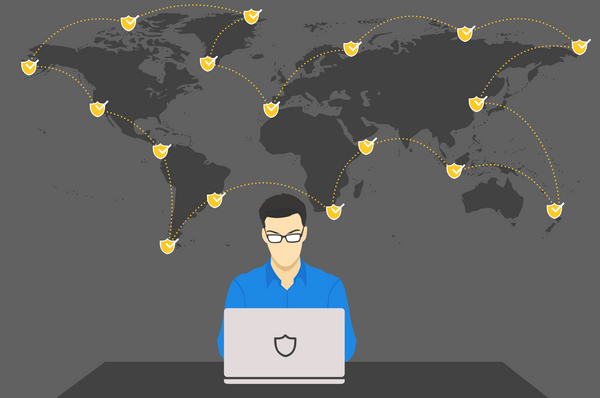2 min read
On-line Dating Security Tips for Valentine

Additional e-threats that are most likely to exploit
Valentine’s Day are:
- graffiti and other types of spam distributed via walls,
channels and other social network individual or community pages, accompanied by
shortened URLs directing users towards Web sites that spread malware, such as
Trojans, rogue antivirus, key loggers, etc. - e-mail spam exploiting Valentine’s Day for advertising
goods and services


- e-mail attachments attempting to deliver different breeds
of malware under the innocent cover of a short funny movie (which requires a
special codec to be played), slide show or e-card.
Other tips for keeping computers and personal information
safe:
- Do not open e-mails from unknown or distrusted sources.
Many viruses spread via e-mail messages so ask for a confirmation from the
sender if you are in any doubt. - Do not open the attachments of messages with suspicious or
unexpected subject lines. If you want to open them, first save them to your
hard disk and scan them with an updated antivirus program. - Delete any chain e-mails or unwanted messages. Do not
forward them or reply to their senders. These kinds of messages are considered
spam, because they are undesired and unsolicited and they can overload the
Internet traffic. - Update your system and applications as often as possible.
Some operating systems and applications can be set to update automatically.
Make full use of this feature. Failure to patch your system often enough may
leave it vulnerable to threats for which fixes already exist. - Do not copy any file if you don’t know or don’t trust its
source. Check the source of files you download and make sure that an antimalware
program has already verified the files at their source.
BitDefender also recommends (aside from not clicking spam
links) the use of an integrated
security solution, one that includes antimalware, antispam and firewall, as
well as advanced features, such as Web filtering and Identity Protection.
tags
Author
I rediscovered "all that technical jazz" with the E-Threat Analysis Team at Bitdefender, the creator of one of the industry's most effective lines of internationally certified security software.
View all postsRight now Top posts
Outpacing Cyberthreats: Bitdefender Together with Scuderia Ferrari HP in 2025
March 12, 2025
1 min read
Streamjacking Scams On YouTube Leverage CS2 Pro Player Championships to Defraud Gamers
February 20, 2025
5 min read
How to Identify and Protect Yourself from Gaming Laptop Scams
February 11, 2025
5 min read
Your Device ‘Fingerprint’ Will Go to Advertisers Starting February 2025
December 24, 2024
3 min read
FOLLOW US ON SOCIAL MEDIA
You might also like
Bookmarks









